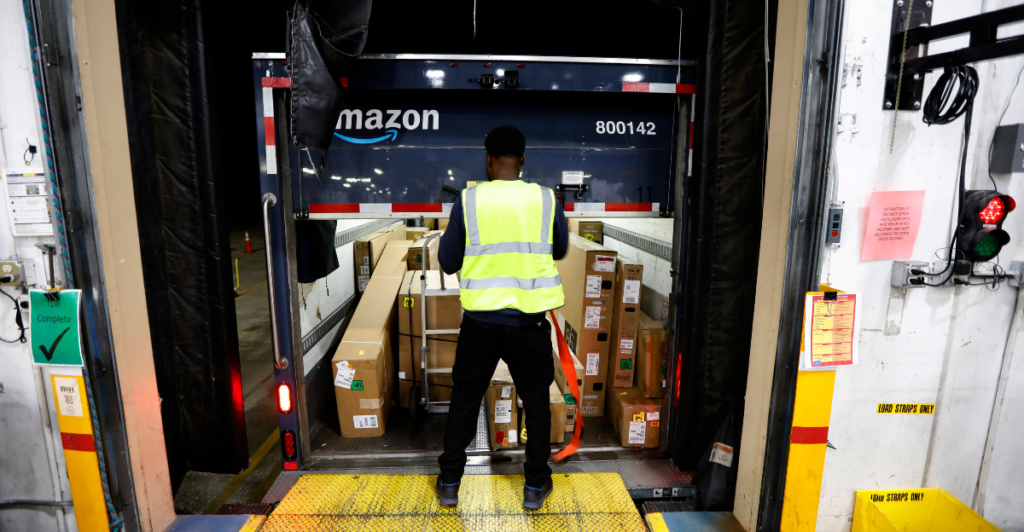
Amazon recently faced intense backlash from the White House after reports surfaced that it planned to display the added costs of U.S. tariffs directly alongside product prices on its website. This move, initially considered for its low-cost Haul division, aimed to show shoppers how much tariffs imposed under President Trump were inflating prices.
However, the White House condemned the idea as a “hostile and political act,” prompting Amazon to quickly clarify that the plan was never approved and will not be implemented. The controversy highlights the ongoing tensions around tariffs and trade policies affecting retailers and consumers.
White House’s Immediate Backlash
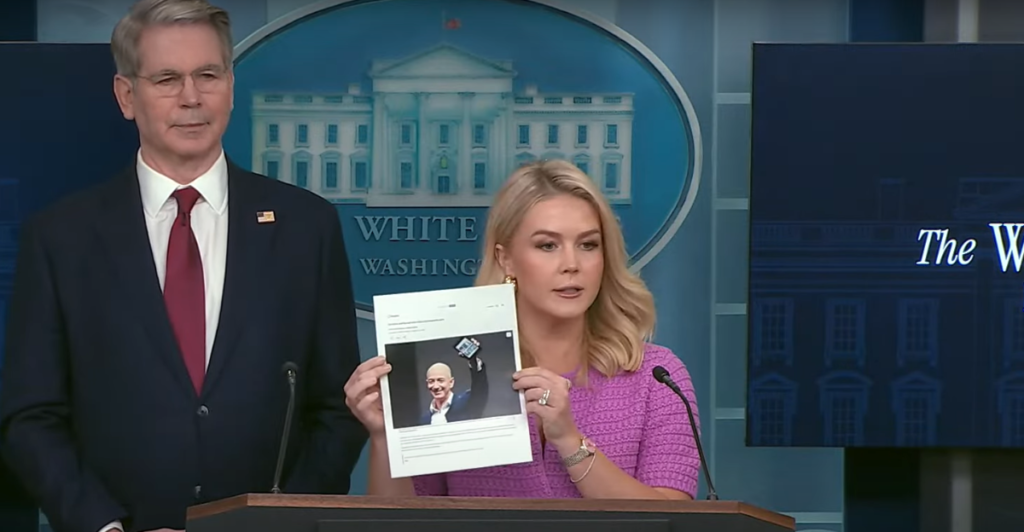
The White House reacted swiftly and strongly to reports that Amazon planned to display the cost of President Trump’s tariffs alongside product prices, labeling the move a “hostile and political act.” “This is a hostile and political act by Amazon,” said Press Secretary Karoline Leavitt. “Why didn’t Amazon do this when the Biden administration hiked inflation to the highest level in 40 years?”
Leavitt also accused Amazon of undermining U.S. trade policy efforts and urged Americans to support domestic manufacturing. The backlash prompted Amazon to deny any approved plans to implement such tariff disclosures, clarifying that the idea was only considered for its low-cost Amazon Haul platform and will not proceed.
President Trump’s Direct Intervention
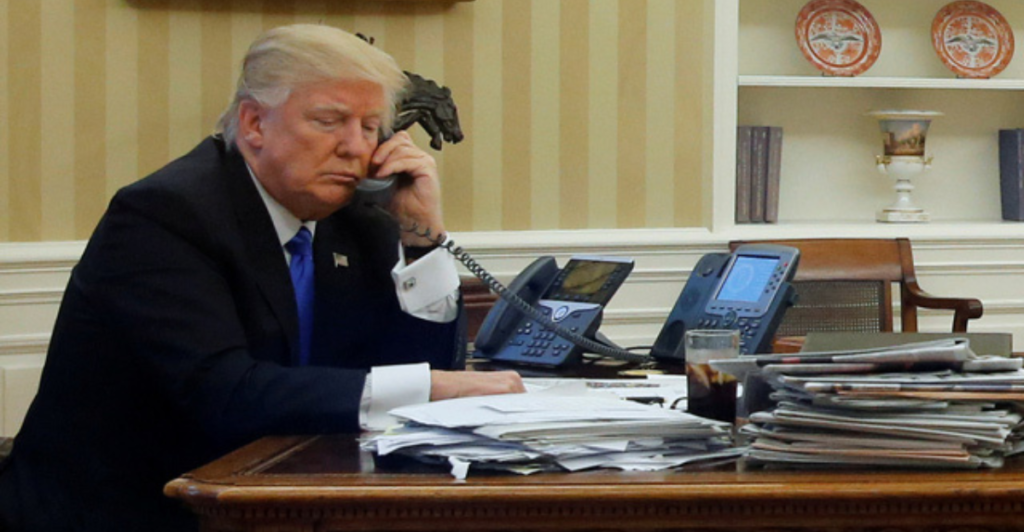
President Donald Trump personally intervened by calling Amazon founder Jeff Bezos to express his displeasure over reports that Amazon might display the tariff costs on product prices. According to White House officials, Trump was upset that a major corporation would highlight the impact of his tariff policies in a way that could shift costs onto consumers.
After the call, Trump praised Bezos for swiftly resolving the issue, and Amazon promptly clarified that the plan was never approved for its main site and would not be implemented. “Jeff Bezos was very nice. He was terrific,” Trump told reporters on Tuesday. “He solved the problem very quickly. Good guy.”
Amazon’s Official Clarification and Retraction
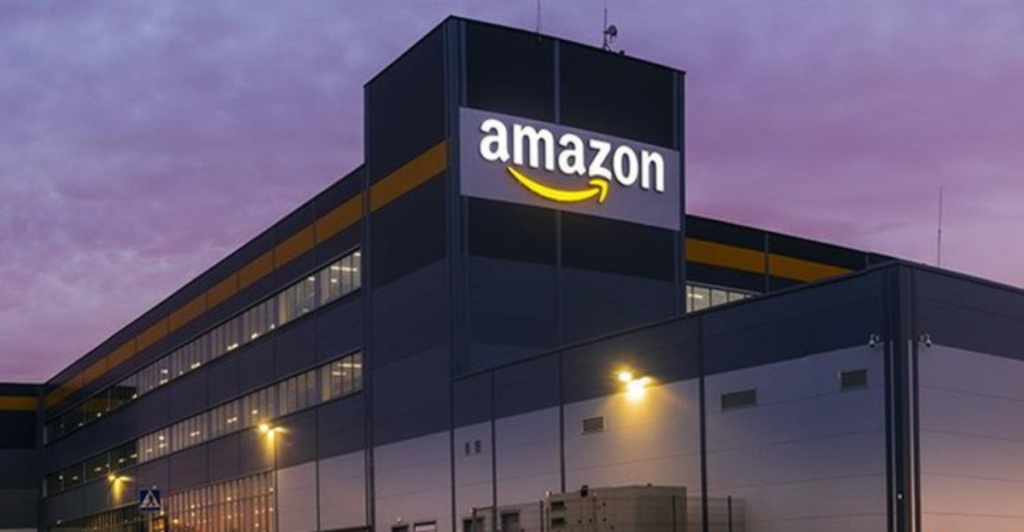
Following the backlash, Amazon clarified that the idea was limited to internal discussions within the Amazon Haul team and was never approved or implemented on any platform, including the main Amazon site. This statement aimed to quell the controversy and reassure consumers and investors after the initial report caused a temporary dip in Amazon’s stock price.
“The team that runs our ultra-low-cost Amazon Haul store has considered listing import charges on certain products,” an Amazon spokesperson said. “This was never a consideration for the main Amazon site and nothing has been implemented on any Amazon properties.”
Political Sensitivity Around Tariffs
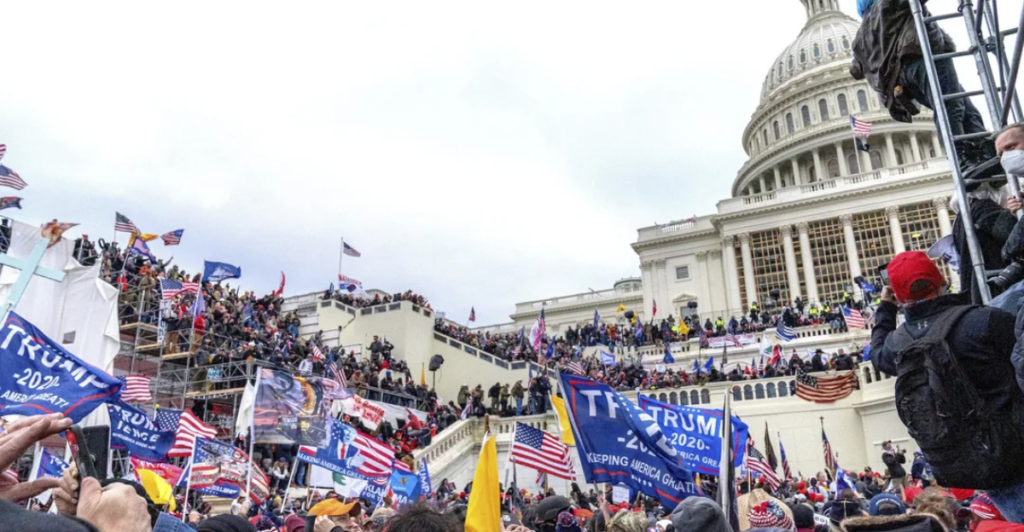
The political sensitivity around tariffs has intensified significantly under President Trump’s administration, especially following his sweeping tariff announcements in early 2025. These tariffs, including a baseline of 10% in most countries and higher rates in those with large trade deficits, have sparked confusion and controversy domestically and internationally. The administration’s trade policies’ unpredictable and often contradictory nature has heightened tensions, with critics questioning the coherence and long-term strategy behind the moves.
The tariffs have become a flashpoint in U.S. politics, as they affect various industries and consumer prices, leading to mixed reactions from lawmakers, businesses, and the public. This charged environment makes any corporate action related to tariffs-such as Amazon’s brief consideration to display tariff costs-highly scrutinized and politically sensitive.
The Role of Amazon Haul

Amazon Haul is a recently launched low-cost storefront targeting consumers looking for items under $20. It was designed to compete with Chinese rivals like Temu and Shein, which have been impacted by new U.S. trade rules that have eliminated tariff exemptions for low-value imports. Launched in beta, Amazon Haul operates with its own search, cart, and checkout system separate from Amazon’s main platform, focusing on affordability across categories like fashion, home goods, lifestyle, and electronics.
It leverages direct-from-manufacturer sourcing to keep prices low, resulting in longer shipping times of one to two weeks. Amazon Haul also encourages bulk purchases with discounts on larger orders, appealing to consumers seeking maximum value.
White House’s Accusations Against Amazon
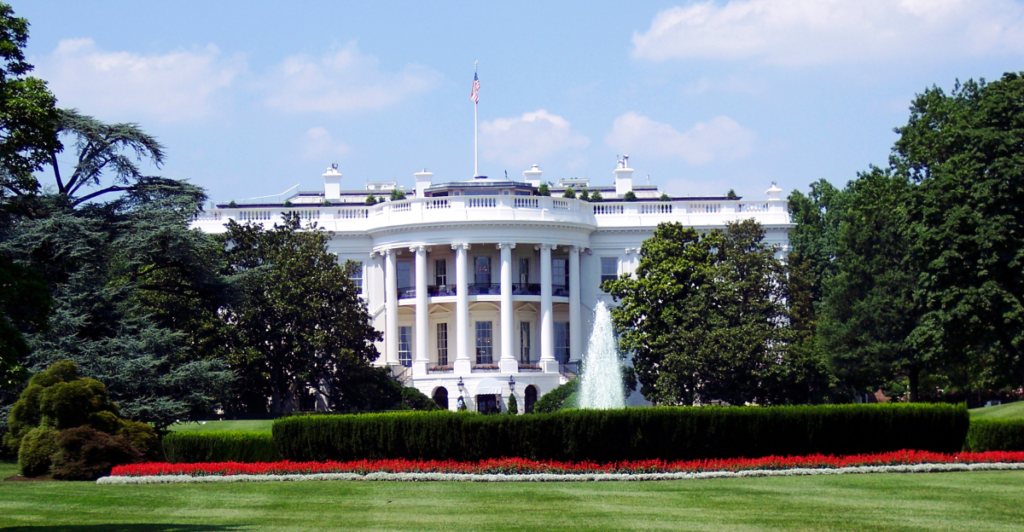
Karoline Leavitt accused Amazon of partnering with a “Chinese propaganda arm,” She added, “This is another reason why Americans should buy American,” a serious allegation amid ongoing U.S.-China trade tensions. Amazon denied such alignment, emphasizing that the tariff charge idea was never more than a discussion point.
Press Secretary Karoline Leavitt criticized Amazon for not having taken similar transparency measures during the Biden administration’s inflation surge. She urged consumers to prioritize American-made goods, positioning the tariff disclosure as a politically charged challenge to the administration’s agenda.
Impact on Amazon’s Stock and Public Perception
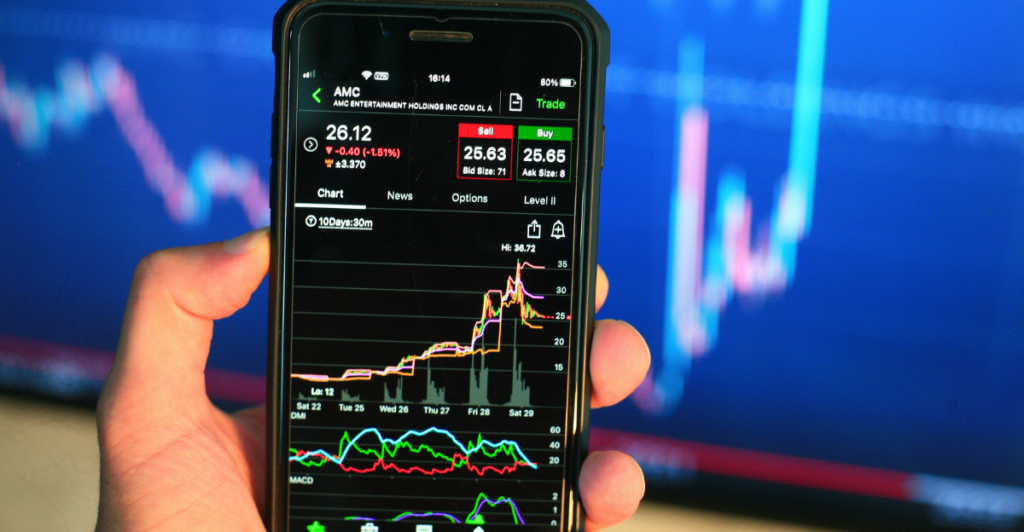
Amazon’s stock experienced a brief dip of about 1-2% following the White House’s harsh criticism and the ensuing controversy over the tariff charge disclosure plan, reflecting investor concerns about the potential impact of tariffs on the company’s profitability and public image. However, the shares rebounded later in the day after Amazon clarified that no such tariff display would be implemented on its main site.
The incident also heightened public scrutiny of Amazon’s role in navigating the complex tariff environment. Some consumers and analysts are watching closely how the company manages rising costs and supply chain challenges amid escalating trade tensions.
Competitive Pressure from Chinese Retailers

Amazon faces mounting competitive pressure from rapidly growing Chinese e-commerce platforms like Temu, Shein, JD.com, and AliExpress, which leverage vast supplier networks and aggressive pricing strategies to attract cost-conscious consumers globally. These rivals excel in offering ultra-affordable products by shipping directly from manufacturers and exploiting advanced technologies such as AI-driven logistics and live commerce, enabling them to undercut Amazon on price and innovate faster.
In response, Amazon is actively courting Chinese sellers to expand its low-cost product offerings, particularly through its Amazon Haul platform, aiming to reclaim the market share lost to these formidable competitors.
Amazon’s Strategic Retreat
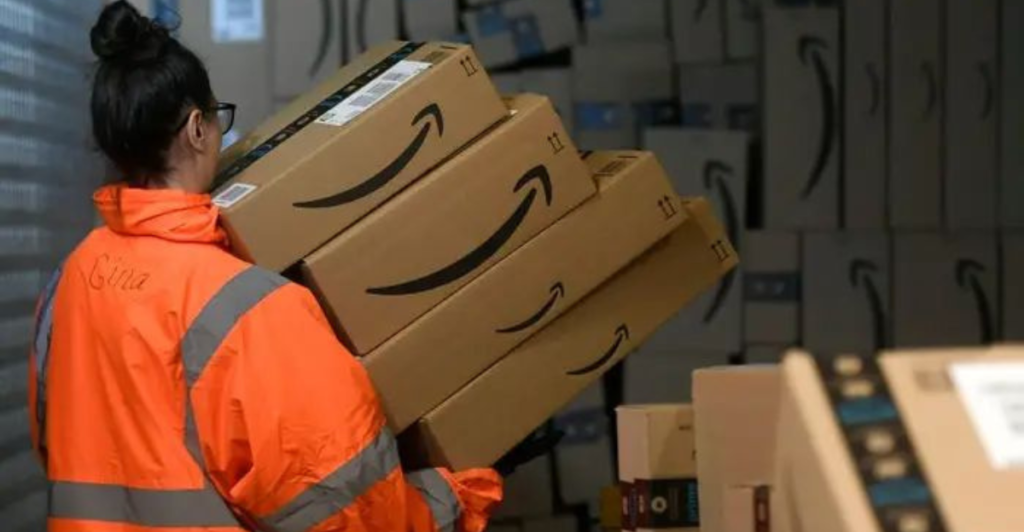
While the company continues to prioritize innovation in delivery, AI integration, and international expansion, it is also recalibrating its public-facing policies to avoid conflicts that could jeopardize its market position or invite further government scrutiny. This incident underscores Amazon’s willingness to pull back quickly on initiatives that risk antagonizing key stakeholders.
Focusing instead on strengthening core areas like advertising growth, social commerce, and seller empowerment while managing competitive threats and geopolitical uncertainties with a more measured approach.
Discover more trending stories and Follow us to keep inspiration flowing to your feed!

Craving more home and lifestyle inspiration? Hit Follow to keep the creativity flowing, and let us know your thoughts in the comments below!
